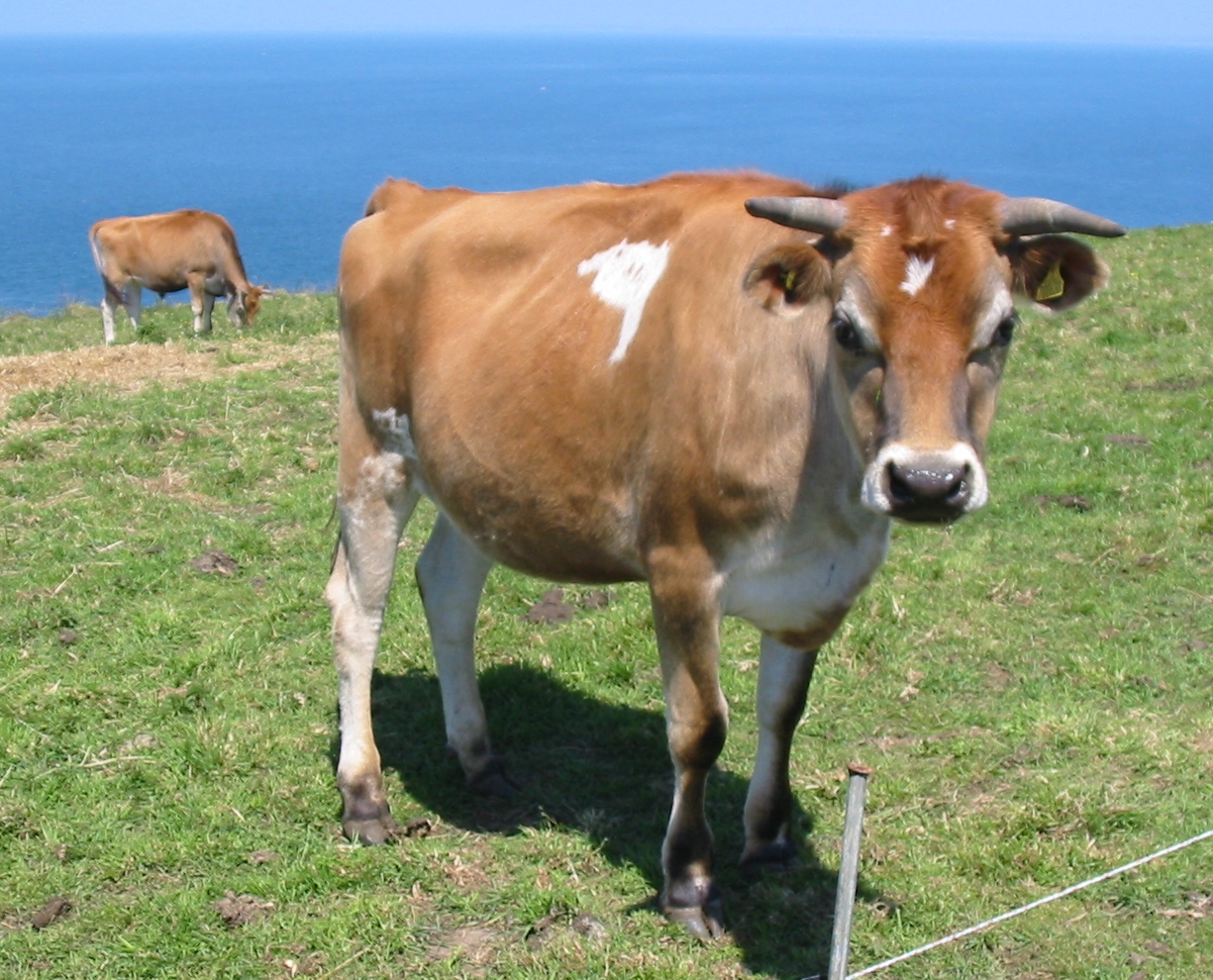
Jersey cross
Jersey crosses are produced by crossbreeding the chosen Indigenous breeds of cows with Jersey breed semen. Jersey crosses have been recommended as suitable dairy cows for tropical plains of India. These cows are medium sized, tolerant to heat compared to other exotic crosses and well adapted to Indian climate. They are resistant to tropical diseases as well. Depending on the indigenous breed used for crossing, milk production by Jersey crossbreeds is 3 to 4 fold higher than the original mother cow breed used for crossing. Jersey cross breed enjoys the status of the most popular crossbreed cows in India as its presence dominates even in the household and small dairy farms.
Crossbreed cows in India gained popularity during the last five decades. Milk production was not commercialized during earlier times and hence cow breeding was basically focused on male calves and improvement of their agricultural work capabilities. Only after 1970, an increased demand for milk, oriented dairy research towards higher milk production.
This is where livestock movement tracking technology comes into play. By utilizing GPS and movement tracking systems, farmers can gain real-time insights into the behavior and location of their Jersey Cross cattle. This not only helps ensure their safety but also enables farmers to optimize grazing, improve health monitoring, and increase overall herd productivity.
Managing a herd of Jersey Cross cattle, especially in free-range or extensive grazing systems, requires a solution that allows farmers to monitor their cattle efficiently. Livestock movement tracking offers a smart solution to this challenge, providing valuable data to ensure that each animal is in the right place at the right time.


